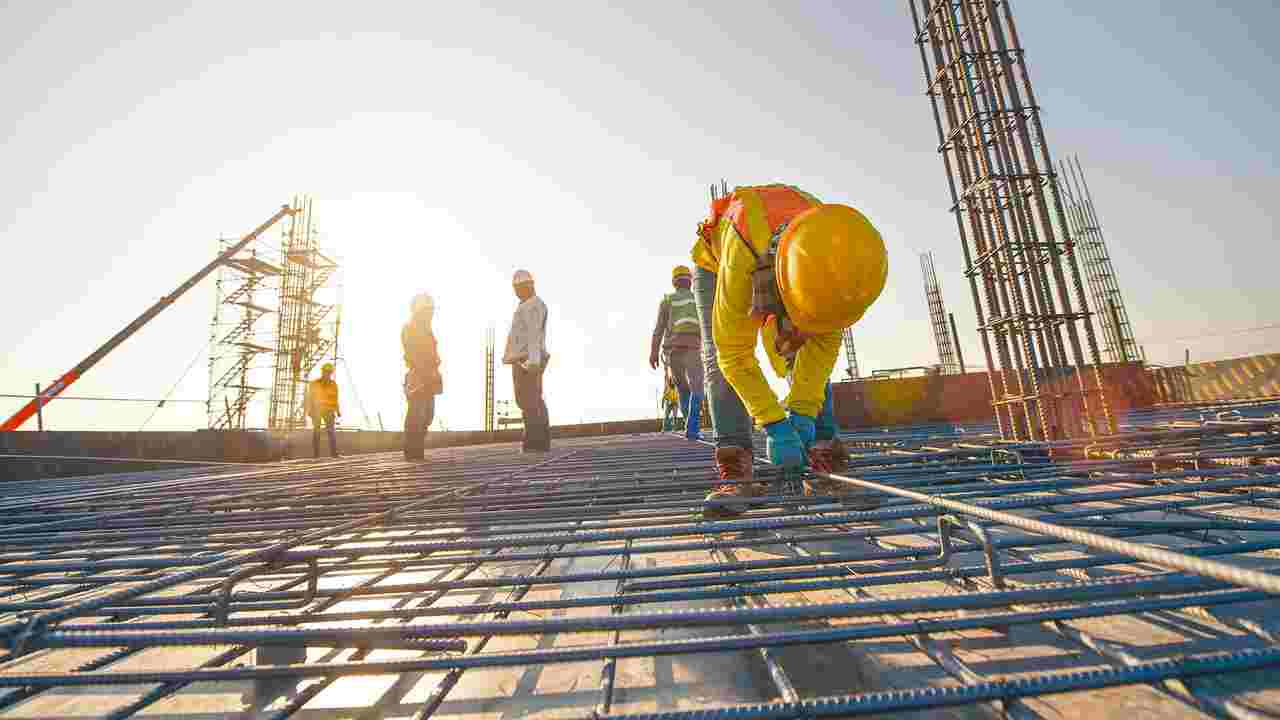The concern of the Lagos State Government over building collapse and related issues of building plans and permits is never in doubt, going by the government’s prompt responses to relevant incidents on the subject. But the government will need to go beyond the recent charges by Governor Babajide Sanwo-Olu on the state agencies to overcome their tardiness in addressing matters arising from buildings in the state. In particular, the government needs a holistic approach not only to provide accelerated services to prospective builders and house owners but also to encourage and facilitate their observance of the relevant regulations.
Beside the element of corruption that the governor alluded to in procuring building documents, many complaints against the government relate to the often exorbitant bills that the government issues for building permits and plans approval, a factor that has tempted many house owners to attempt to cut corners, and thus increase risk of building collapse. Builders are prone to incur extra costs when delays occur in securing necessary approvals. The agencies in charge should show greater diligence in performing their job and save government and developers undue embarrassment.
Governor Babajide Sanwo-Olu, in an emotional reaction the other day, condemned the unnecessary long delays being experienced by property developers in obtaining planning permits and building approvals in the state. Certainly, lack of promptness in doing this job creates room for cutting corners by developers, which in turn impacts the integrity of buildings that are predisposed to collapse. An acceptable timeframe for approvals should be worked out and adhered to.
Speaking at the launch of a rebranded Certificate of Completion and Fitness for Habitation, with the objective to safeguard residents’ lives and address the root causes of building collapse, the governor said all buildings in Lagos would henceforth be issued licence for safe habitation. He described the initiative as a “game-changer,” adding that the financial and emotional losses that usually follow incidents of building collapse informed the design of the innovative strategy to control physical development and safeguard people’s lives.
He, therefore, warned the supervising directors at the Lagos State Building Control Agency (LASBCA) against sharp practices. Besides, he directed the Ministry of Physical Planning and Urban Development and its agencies to simplify the approval process for permits to speed up the issuance. No doubt, it is important to checkmate incidences of building collapse that has plagued the state, in particular, and the country at large. The economic cost of building collapse is enormous in addition to the loss of precious lives.
A few days ago, at least one person was confirmed dead and 15 others were rescued following a building collapse in Ikorodu, Lagos. The incident was said to have occurred on Monday night. It took the intervention of people nearby, who mobilised to carry out initial rescue activities before the fire service and Police arrived at the scene, to reduce the casualty.
It was understood that the two-storey building, which collapsed, had been marked for demolition by LABSCA which had demolished 15 illegal, haphazard and non-conforming structures at Obalende in Ikoyi/Victoria Island Local Council Development Area (LCDA).
A way to promote a proactive building industry culture is to make simple and easy to follow rules. The innovation being introduced by the state government presupposes the existence of a vibrant authority, which the Lagos State Building Control Agency should represent. The agency must be up and doing in ensuring that developers get their plans and permits promptly.
Two types of buildings are prone to collapse: The first pertains to old buildings whose integrity are suspect and need to be re-certified. The other relates to new buildings, which are also collapsing, even under construction. The governor should extend his concern to dealing with a festering problem by following up with policy instruments to achieve the desired goal.
It is pertinent to inquire about what has happened to the buildings that collapsed. Were they rebuilt by whom and under what supervision? Was compensation paid to appropriate persons or were the properties seized by the government? Were people, either public servants or private builders, prosecuted for dereliction of duty or negligence? Government should do an audit to ascertain the extent of the problem. There is need also to streamline the process of dealing with these incidents and carry along members of the public. Where appropriate, the role of the Council for the Regulation of Engineering in Nigeria (COREN) in ensuring building quality should be clearly spelt out.
At the root of the delays is the intrinsic attachment Lagos State Government places on land, which is regarded as the crude oil or gold that must be fully exploited. While there is nothing wrong with the state seeking to optimize its potentials and resources, this should be done with a modicum of humanness, and appreciation of people’s financial condition. Where charges are too high for instance, people will be encouraged to pay a premium to build first rather than obtaining permission. In particular, Lagos should not consider money as an overriding factor to public safety, or place too much premium on revenue over governance.
The challenge of the state government is to seek the right balance of collecting appropriate fees for land transactions with the aim of boosting its internally generated revenue; ensuring safe buildings and at the same time making it easy for citizens to perform their civic duties with minimal difficulty. As a mega-city with a primate position, and as the economic nerve centre of the country, Lagos should lead the way for other states.
source: guardian ng




